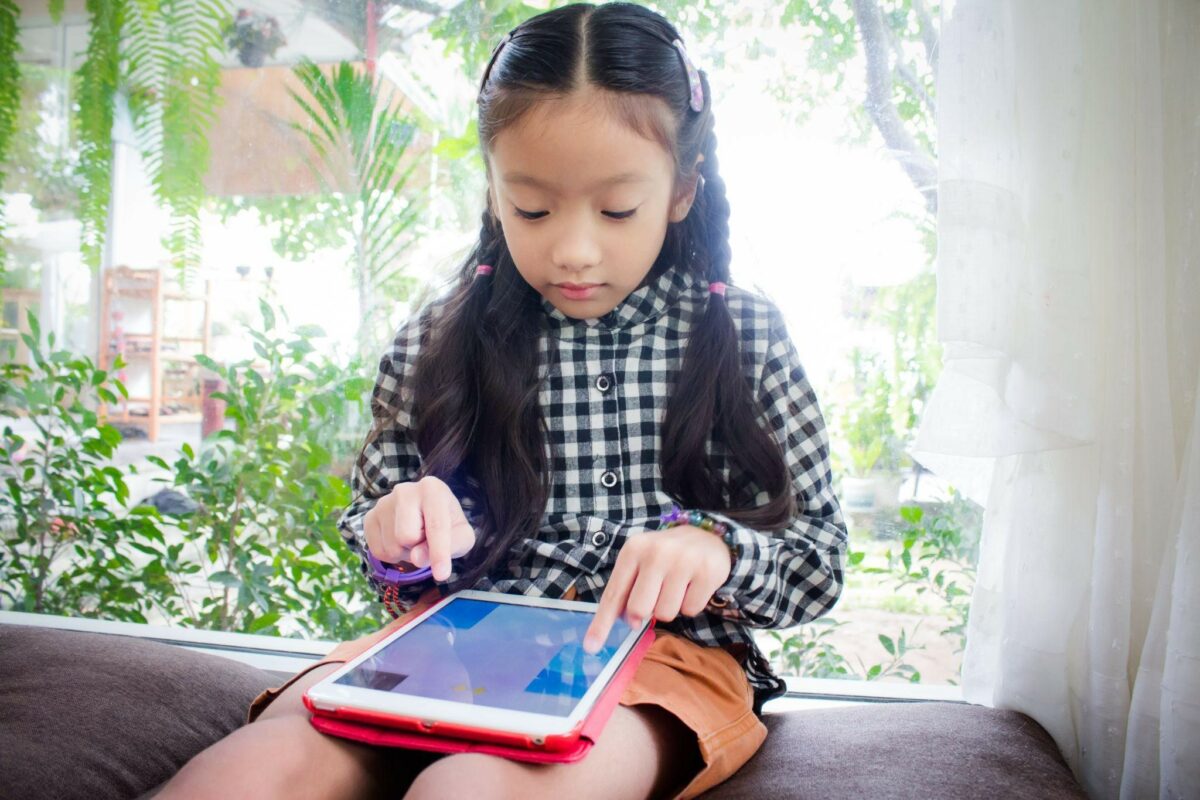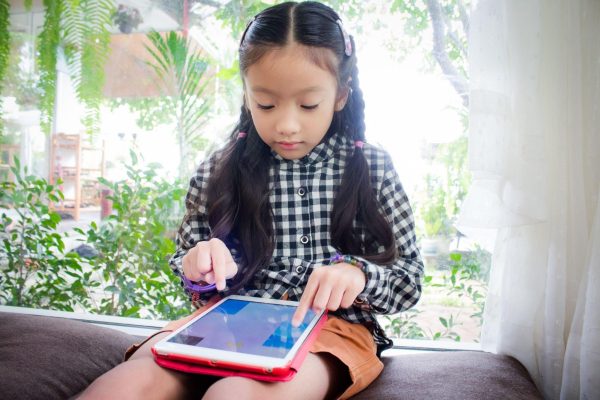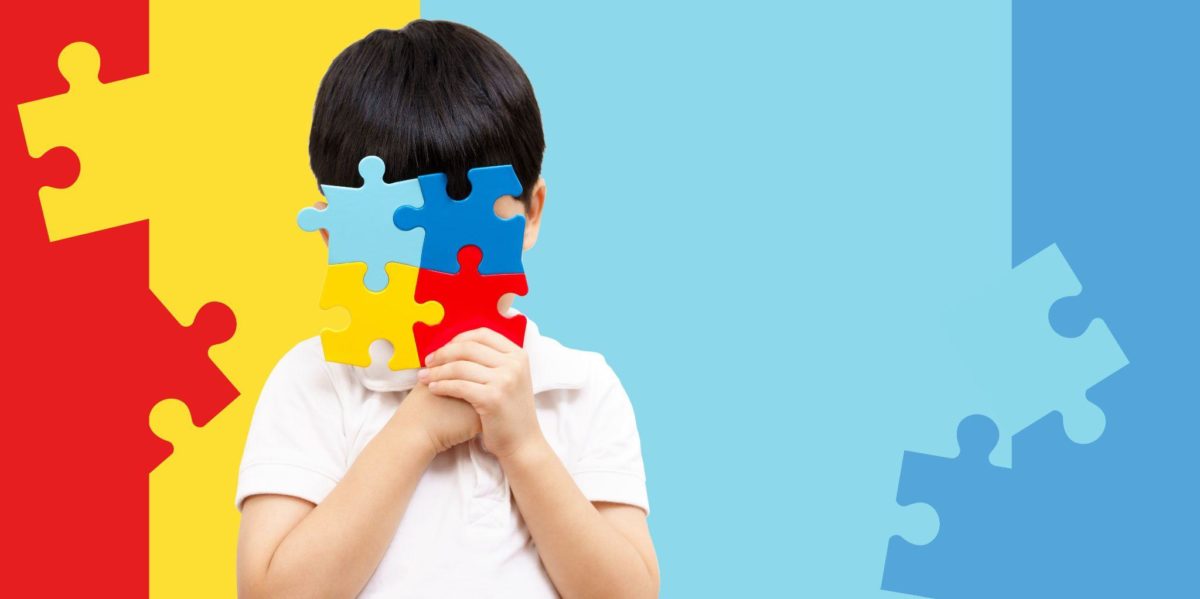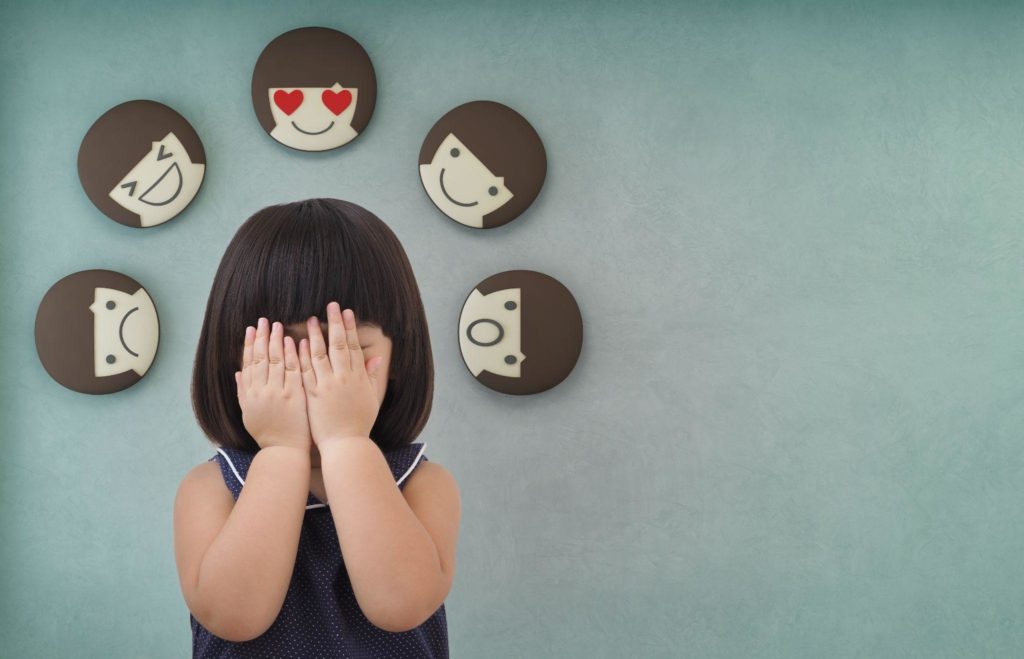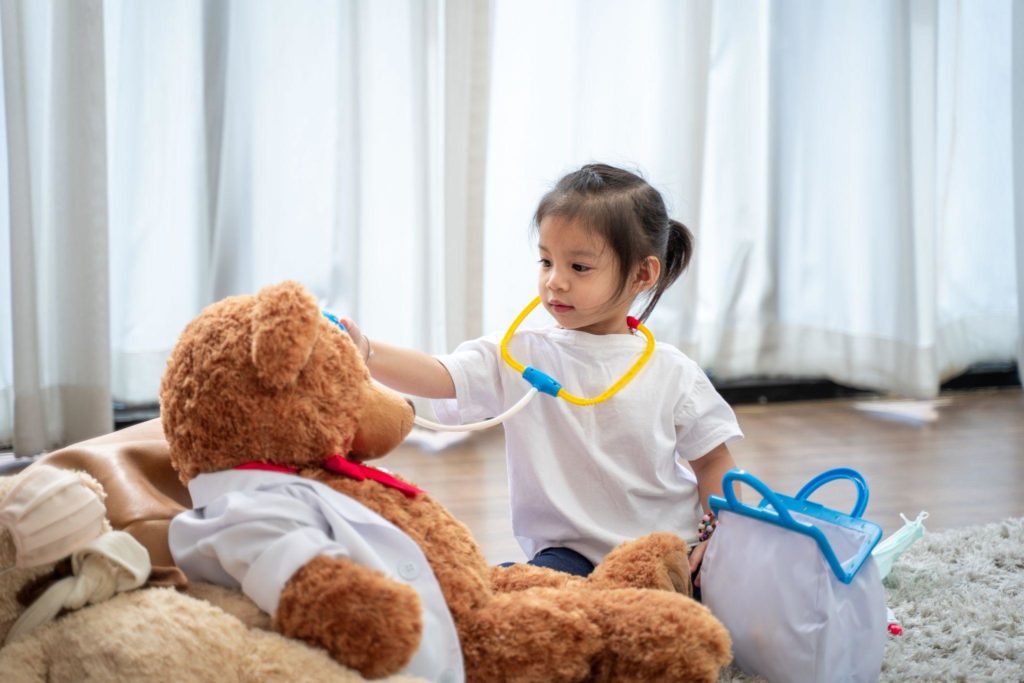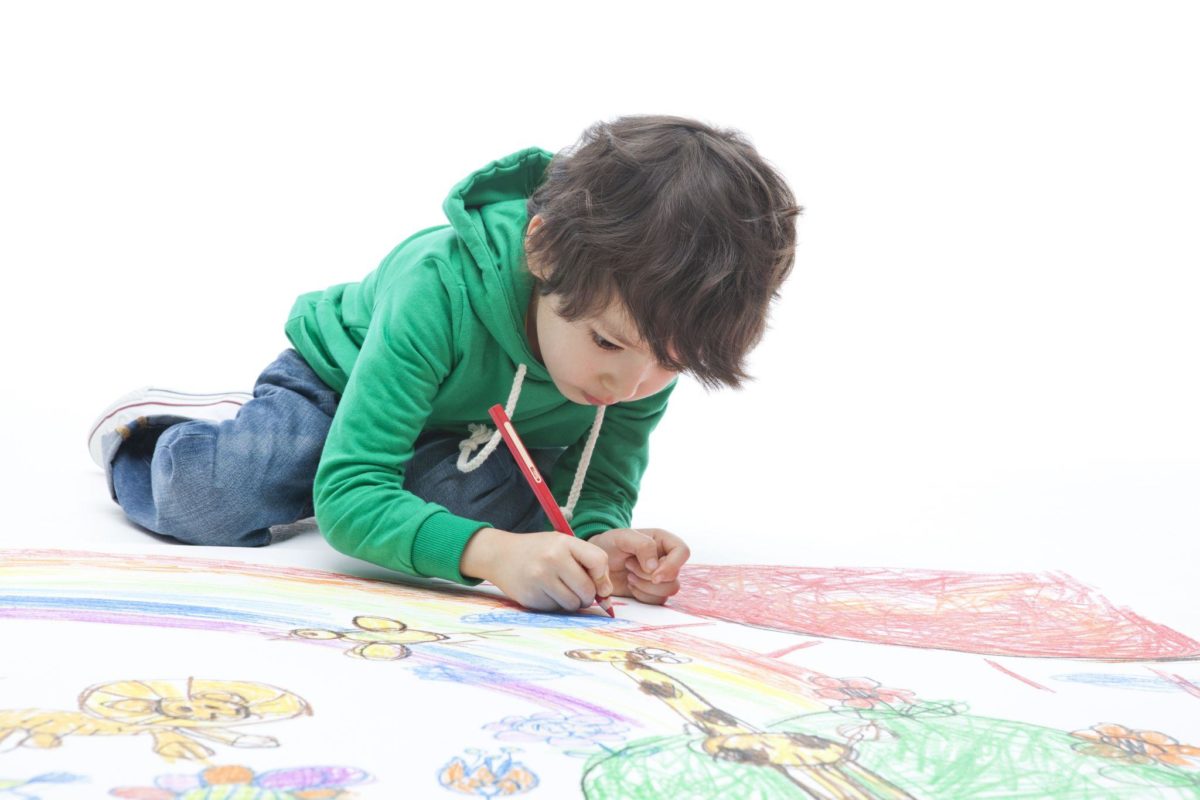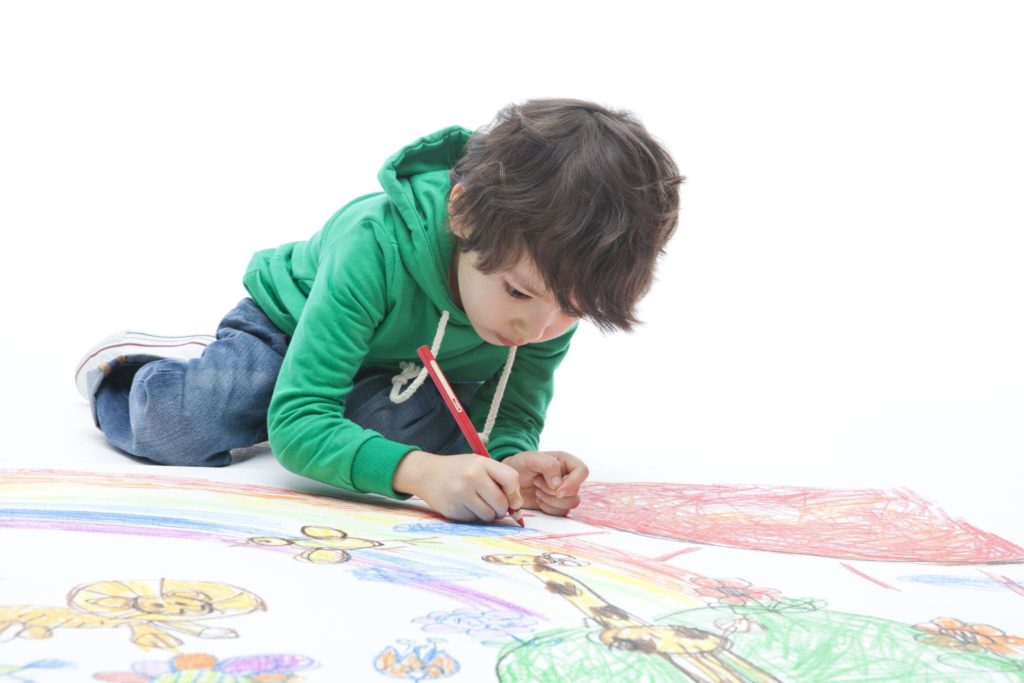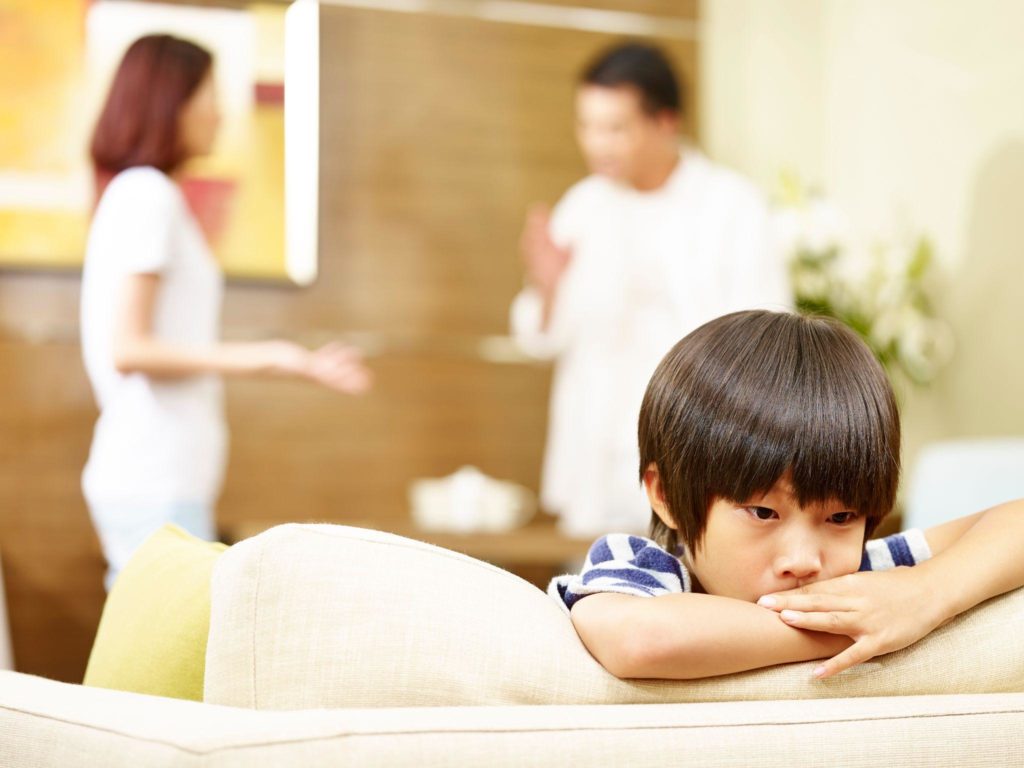Parenting Tips
Parents Zone

Written by: New Horizons Development Centre, Certified Educational Psychologist Pang Chi Wah
As the school year begins again, many children cry when they first go to kindergarten. However, there are also children who can go to school without any adjustment period because their parents can prepare them mentally and practice simulations. For children, entering kindergarten may be their first major challenge because some children are separated from their families for the first time when they enter kindergarten, but once they have enough time to become familiar with the school environment, they will feel safe in kindergarten life and will not cry.
What bothers parents and teachers the most is that after a few weeks of enrollment, children continue to cry or expressly resist going back to school. In better cases, they may not like to participate in extracurricular activities, and in more severe cases, they may refuse to go to school, and in some extreme cases, they may not allow their parents to leave their sight. These are all separation anxiety problems.

In fact, there may be deeper reasons why children do not adapt to being separated from their families that need to be understood in depth. For example, some children are admitted to the intensive care unit when they are newborn because they are underweight or have physical problems, or they need to be hospitalized or undergo surgery because they are sick. Although such medical support is necessary for them, it may also lead to traumatic psychological experiences for them, and since then they may be afraid of strangers or unfamiliar places and easily develop separation anxiety, and their sense of security is lower than other children.
In some even worse cases, parents are not allowed to work, or that the child needs to be left with a babysitter, but the children do not want to be left behind, so the parents consider the reality of their needs and have to forcibly separate from them or lie to them. As a result of parents’ misuse of inappropriate methods, their feelings of insecurity during infancy and early childhood are reinforced. The so-called traumatic experiences are actually events that cause them to be psychologically afraid.

The main reason for the lack of security in young children is the separation from their families and the failure of parents to handle the situation properly. Ironically, some caregivers do not provide a safe and adequate living environment in their daily lives, and more importantly, there are frequent changes in caregivers or places, and there are strong contrasts in caregiving practices, causing them to go through psychological adjustment tests before they start school.



